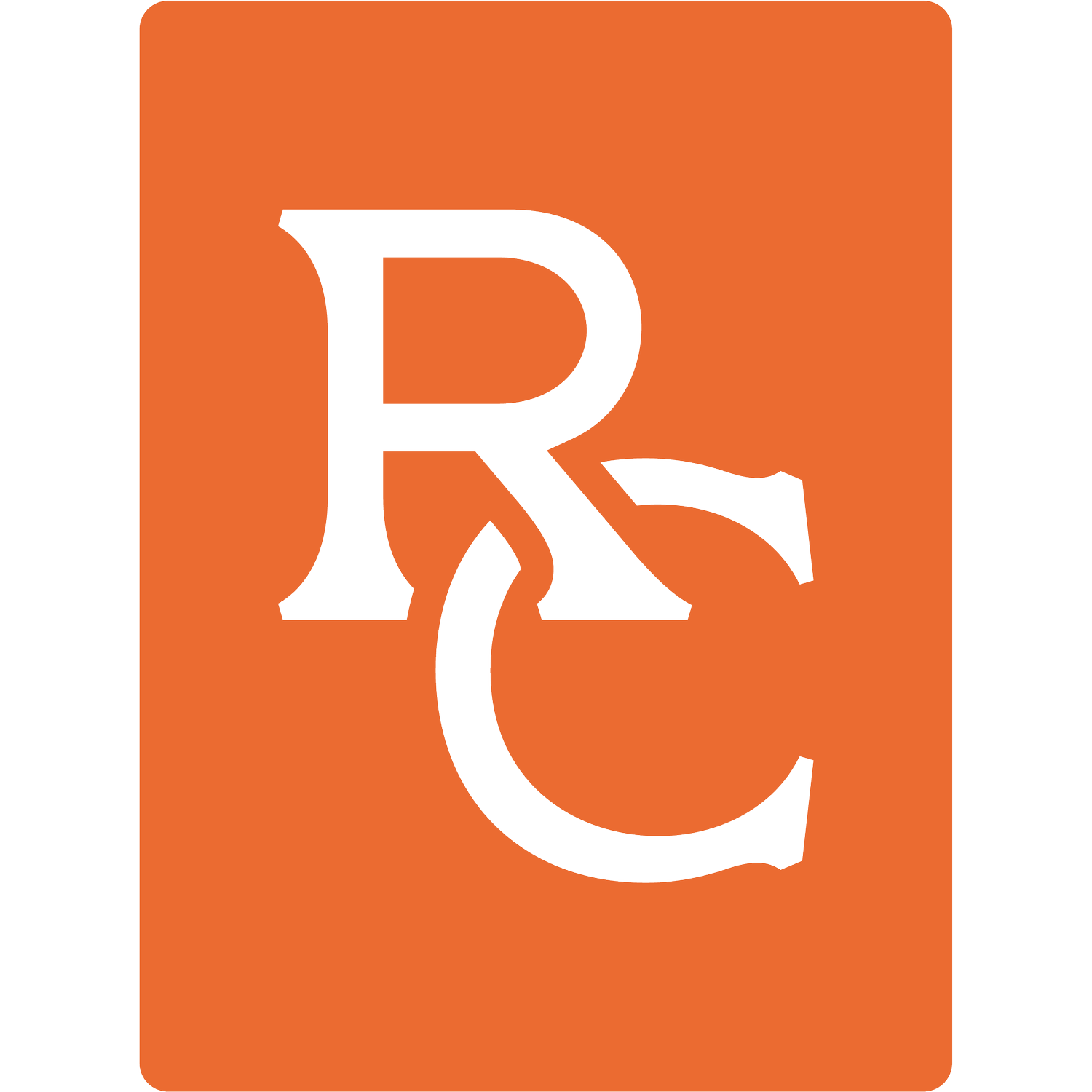Clean Living Recovery Community
The Clean-Living Recovery Community provides transitional housing for individuals recovering from substance use disorders. The community offers 20 small homes, and a central community center designed to support residents as they build financial stability and prepare for independent living.
Core Principles
Recovery Support-Focused Environment: A substance-free community of peers supporting each other's sobriety journey
Balance of Freedom and Accountability: Fewer restrictive rules with clear expectations and mutual accountability
Financial Independence: Structured support to help residents achieve financial stability
Housing Model
20 individual small homes providing privacy and personal responsibility
Community center serving as a hub for meetings, services, and social connection
Shared outdoor spaces fostering community engagement
Program Structure
Phased approach with increasing independence as recovery strengthens
Peer support model complemented by professional services
Financial counseling and employment assistance
Regular community meetings for conflict resolution and collective decision-making
Expectations and Accountability
Mandatory participation in recovery support activities
Financial contribution to housing costs based on income
Community service requirements
Regular progress reviews with peer accountability
Transition Support
Graduated exit planning as residents achieve financial stability
Ongoing connection to community resources and support networks
Post-program mentorship opportunities
This community bridges the gap between intensive recovery programs and fully independent living, providing residents the time, space, and support to build sustainable recovery and financial resilience.
Recovering Crossville:
Offers several phases of recovery. Throughout the phases services that are provided include:
Animal-Assisted Therapy, including horses and other animals, benefits in teaching responsibility and building relationships. Animals serve as transitional units for rebuilding broken human-to-human relationships. Educational plans are individualized for each lady, focusing on academic, social, and emotional needs.
Art/craft as therapy, a mental health help that uses artmaking, enriches the RC house community in learning to cope with emotional and psychological challenges.
Horticultural therapy, a treatment that uses plants and gardening activities, improves physical, mental, and social well-being.
A classroom providing computers for learning job readiness and life skills training, better equipping community members for success after lifestyle crisis recovery and/or substance use disorder treatment.
Traditional mental health therapies for individuals, families, and groups are provided. Therapies include approximately 1 hour of individual therapy each week, daily group therapy, and family therapy (when appropriate). RC provides constant contact with peers, staff, and volunteers to assist in implementing new healthy habits of daily living and spiritual growth. Individualized medical and therapeutic treatment plans address the immediate and long-term needs of the RC House community members.
